Any good economist, salesperson, or real estate agent will always tell you up front; “I don’t have a crystal ball.” I don’t view this as a disclosure to cover one’s rear, but more a statement to get you thinking about both sides of an equation. With that, I don’t have a crystal ball, but I am going to do my best to make a recommendation.
Home prices continue to rise, the real estate market is booming, but these cycles don’t last forever. Even in times of recession, history shows us that markets recover, and thrive. I have to remind people that those who purchased a home in 2007 would very likely be in good shape today. We witnessed one of the deepest recessions in American history, yet here we are, 10 years later. If you would have purchased a home in 2007, your interest rate likely would have been somewhere between 6 and 7%. This seems high, but based on the past 50 years, it’s not bad. Sure, there are other equations. Those with an 18% interest rate in the early 80s could have refinanced over time. They also may have experienced a higher rate of appreciation.
Regardless, for the first time in history, rates have been below 5% for nearly 10 years, and this probably won’t last forever. The rate of inflation will likely increase as the strong economy continues, which will result in increasing interest rates to create balance for that rising inflation.
With that, I’m going to run a quick hypothetical. Let’s say you are buying a home and obtaining a loan for $400,000. The interest rates for a 30 year loan today are favorable, in the low 4% range. I’ll use 4.25%. The total cost of the loan, if you didn’t make any additional payments, would be about $708,000 over 30 years. Now, let’s say home values come down. You are able to buy the same home for $350,000 in a few years’ time, but interest rates are 6%. The total cost of the loan is $755,000 in this scenario.
To be fair, the above scenario isn’t totally realistic. Most people don’t own a home for the entire duration of their mortgage. I believe the median tenure living in a home is somewhere around 10 years. If we run the same scenario, and add up the payments over those 10 years, your balance owed at the end of 2030 with the first scenario would be around $300,000 and $280,000 in the second scenario. If you were to take into account the payments you would have made (as opposed to renting) between buying a house now, and if, and when the prices reduce in the future, you would likely be in the same boat. Things would also begin to swing in your favor the longer you own the home.
We don’t know if prices will decrease. We also don’t know if interest rates will rise. For all we know, home prices could come down along with interest rates, or home prices could increase along with interest rates. If trends continue, the latter is more likely to happen. If I run the same scenario with an increased purchase price and a higher interest rate, things get ugly.
We all have our own budget, limits on what we should spend, or even circumstances where it is not the right financial move to invest in a home. Do your best to weigh the pros AND cons. Educate yourself with respect to current interest rates, home prices and values. If it all adds up, then yes, it is my opinion that it is the right time to buy.
